German government said Elon Musk tried to influence the elections by supporting the far-right AFD party with his statements
German Government Accuses Elon Musk of Attempting to Influence Elections by Supporting Far-Right AFD Party
In a dramatic turn of events, the German government has accused Tesla and SpaceX CEO Elon Musk of trying to influence the country’s elections through statements that allegedly supported the far-right Alternative for Germany (AfD) party. The accusations have sparked intense debate across Germany and beyond, with critics questioning Musk’s political involvement and influence over international politics. The allegations have raised concerns about the intersection of business, politics, and social media, and whether powerful figures like Musk should play a role in shaping political discourse.
The Accusations: What Did Elon Musk Say?
The controversy began after Musk made several public statements that appeared to sympathize with or endorse certain far-right policies, which led to widespread speculation about his support for the AfD. The AfD, a political party known for its nationalist, anti-immigration, and Eurosceptic stance, has gained increasing prominence in Germany in recent years. The party’s rise has been a subject of controversy in the country, as it is often accused of promoting xenophobic and extremist rhetoric.
Musk’s comments, made both on social media platforms like X (formerly Twitter) and in interviews, were seen by many as sympathetic to the AfD’s controversial views. In one instance, Musk expressed admiration for the party’s stance on certain issues, including their criticism of German immigration policies and their calls for a harder line on the European Union. These remarks were interpreted by some as tacit support for the AfD’s political agenda.
While Musk did not explicitly endorse the AfD or its policies, the German government viewed his comments as an attempt to influence public opinion and the election results. The government has not provided direct evidence linking Musk’s statements to a deliberate effort to sway voters, but the timing of his remarks, just before key elections, has raised suspicions about his intentions.
The German Government’s Response
In response to Musk’s statements, German officials have expressed concern about the potential impact of foreign influence on domestic politics. Germany has strict regulations regarding foreign interference in its elections, and any attempt to sway public opinion through external means is considered a serious violation of democratic principles. The government has called for greater scrutiny of Musk’s actions, particularly as they relate to his ownership of social media platforms like X, which has a significant reach among German voters.
“We cannot allow external actors to attempt to manipulate our democratic processes,” said German Chancellor Olaf Scholz during a recent press conference. “The statements made by Mr. Musk are troubling and warrant further investigation. We must protect the integrity of our elections and ensure that no one, no matter how influential, can sway the political will of the people.”
The government’s response has ignited a larger conversation about the role of tech billionaires in politics. Musk, one of the world’s wealthiest individuals, has used his platform to weigh in on a variety of political and social issues around the globe. Critics argue that his influence, particularly through social media, allows him to shape political discourse on a massive scale, sometimes without the checks and balances that exist for traditional political figures.
Elon Musk’s Influence and the Power of Social Media
Elon Musk’s involvement in politics is not a new phenomenon. His social media presence has long been a point of contention, with many accusing him of using his platforms to promote certain political ideologies and influence public opinion. Musk has been outspoken on various issues, ranging from climate change to free speech, and his comments often spark heated debate.
As the owner of X, Musk has significant control over the platform, which has millions of active users worldwide, including many in Germany. This gives him a unique ability to directly shape public discourse and influence political debates. Musk’s statements about the AfD, whether intended as support or not, are seen by some as part of a broader pattern of political influence exerted through social media.
Critics argue that Musk’s comments have the potential to amplify extremist views, particularly in Germany, where the AfD has been accused of fostering division and intolerance. By publicly engaging with or expressing admiration for the party, Musk may have given it a degree of legitimacy in the eyes of some voters. This has raised concerns about the power of tech moguls like Musk to impact elections, not only in Germany but globally.
Reactions from the Far-Right AfD Party
The AfD has been quick to capitalize on Musk’s comments, with party leaders praising his statements as an endorsement of their political platform. The party’s spokesman, Jörg Meuthen, welcomed Musk’s remarks, calling them “refreshing” and “supportive of the AfD’s values.” Meuthen and other AfD officials have suggested that Musk’s statements indicate growing international support for their stance on immigration and the European Union.
However, the AfD’s reaction has only added to the controversy, as critics argue that the party’s embrace of Musk’s comments further fuels concerns about foreign influence and the spread of far-right ideologies. The AfD’s political platform has been widely criticized for its nationalist rhetoric, anti-immigrant stance, and opposition to the European Union. Some have warned that Musk’s comments, whether intentional or not, could provide the party with a boost ahead of future elections.
The Broader Debate: Foreign Influence and Election Integrity
Musk’s alleged support for the AfD raises important questions about foreign influence in democratic elections. While Musk has not been formally accused of attempting to interfere with Germany’s elections, his comments have sparked a broader debate about the role of wealthy individuals and tech moguls in shaping political outcomes. As social media continues to play a central role in modern elections, the potential for foreign actors to influence voters has become a growing concern.
In recent years, there have been numerous instances of foreign interference in elections, from Russia’s involvement in the U.S. presidential election to misinformation campaigns targeting voters in Europe. These incidents have led to calls for greater regulation of social media platforms and more transparency in how political messages are disseminated.
Germany, in particular, has been at the forefront of efforts to combat foreign interference in its elections. The country’s government has implemented strict laws requiring political advertisements on social media to be clearly labeled, and it has taken steps to combat the spread of fake news and misinformation. However, the growing influence of global tech figures like Musk raises new challenges for regulators trying to maintain the integrity of democratic processes.
Conclusion: What Comes Next?
The controversy surrounding Elon Musk’s statements and his alleged support for the AfD will undoubtedly continue to unfold in the coming weeks. German authorities are likely to intensify their scrutiny of Musk’s actions and may call for further investigation into whether his comments amounted to an attempt to influence the election. At the same time, Musk is unlikely to back down from his positions or his use of social media to express his views.
As the debate over foreign influence and social media’s role in politics intensifies, the situation in Germany serves as a reminder of the growing power of tech moguls and the responsibility they bear in shaping political discourse. Whether or not Musk’s comments were meant to sway voters, the implications of his statements will be felt long after the dust settles. The intersection of business, politics, and social media is a complex and evolving issue, one that will continue to challenge democratic processes around the world.
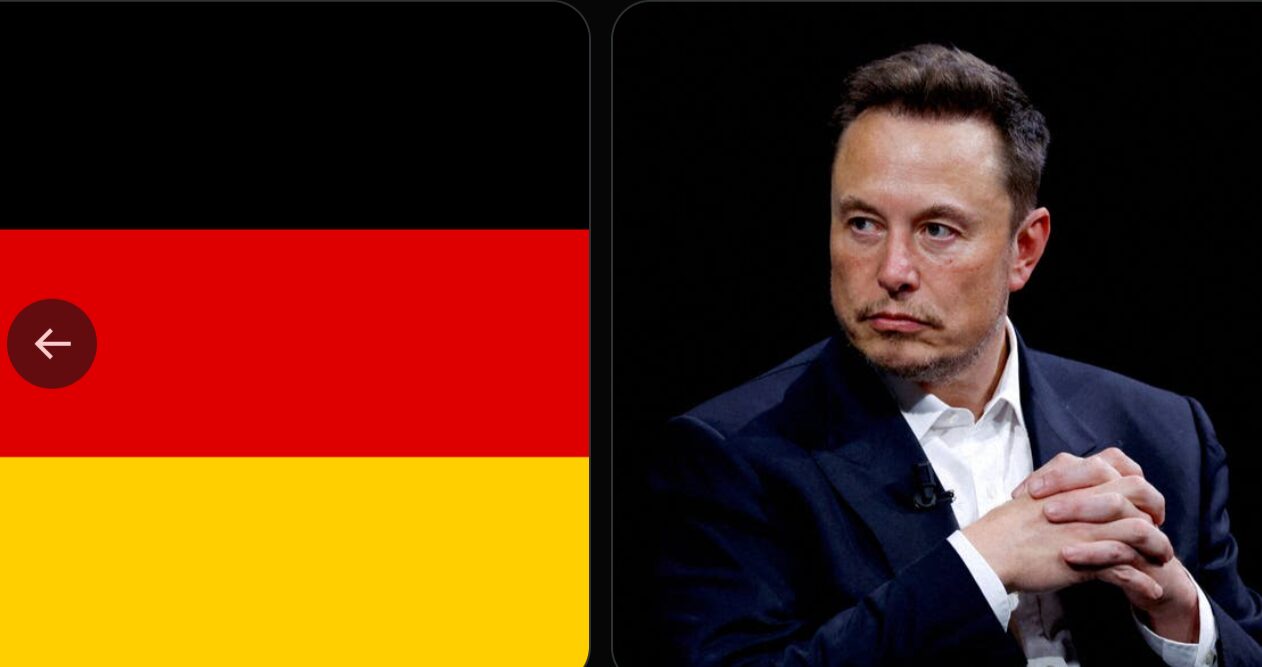

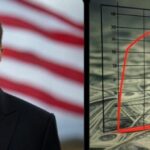
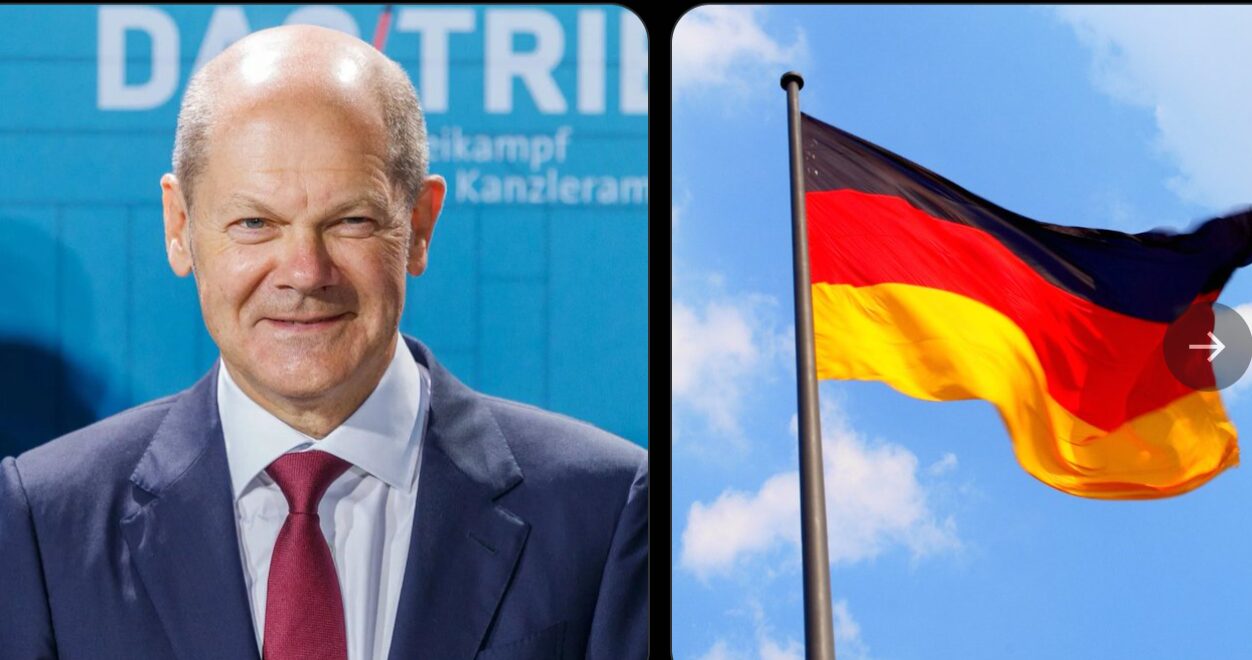
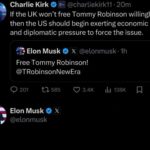
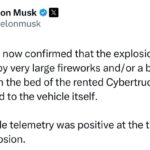

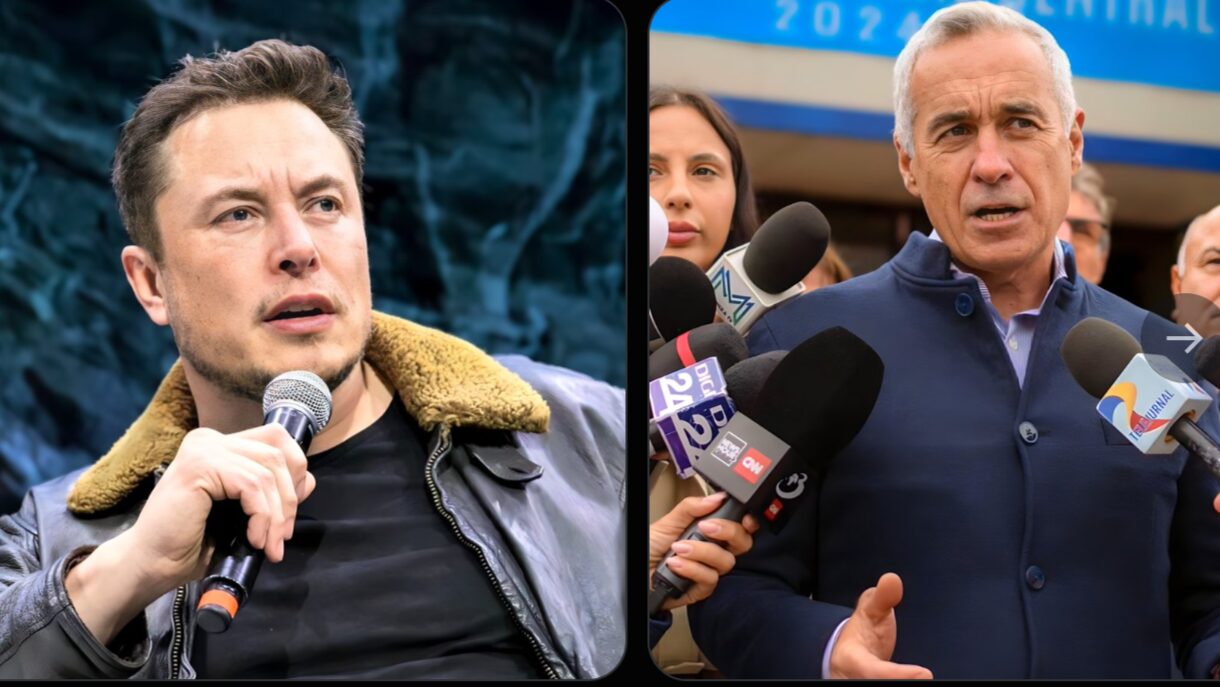
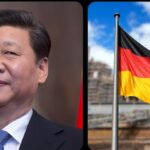








Post Comment